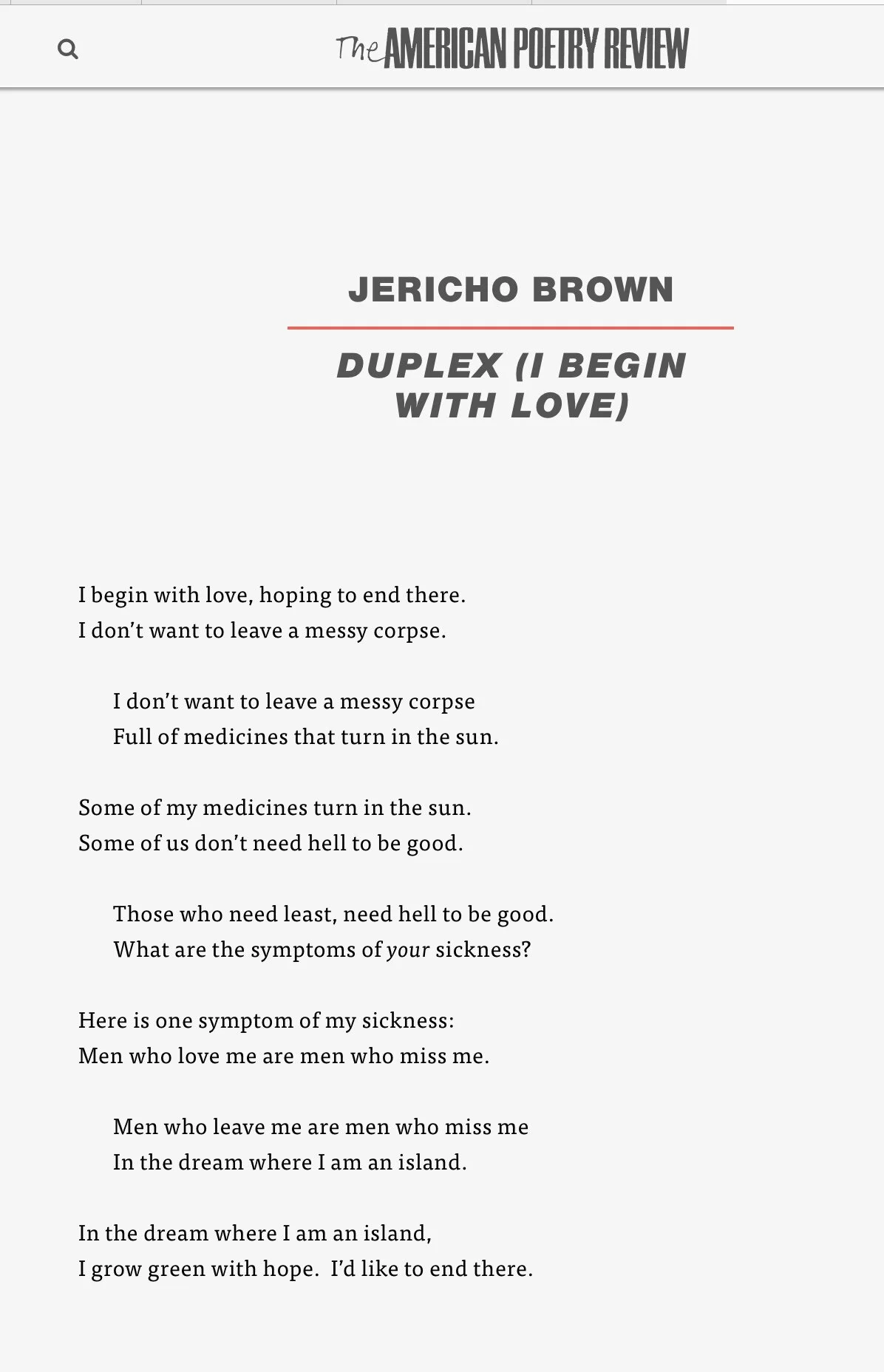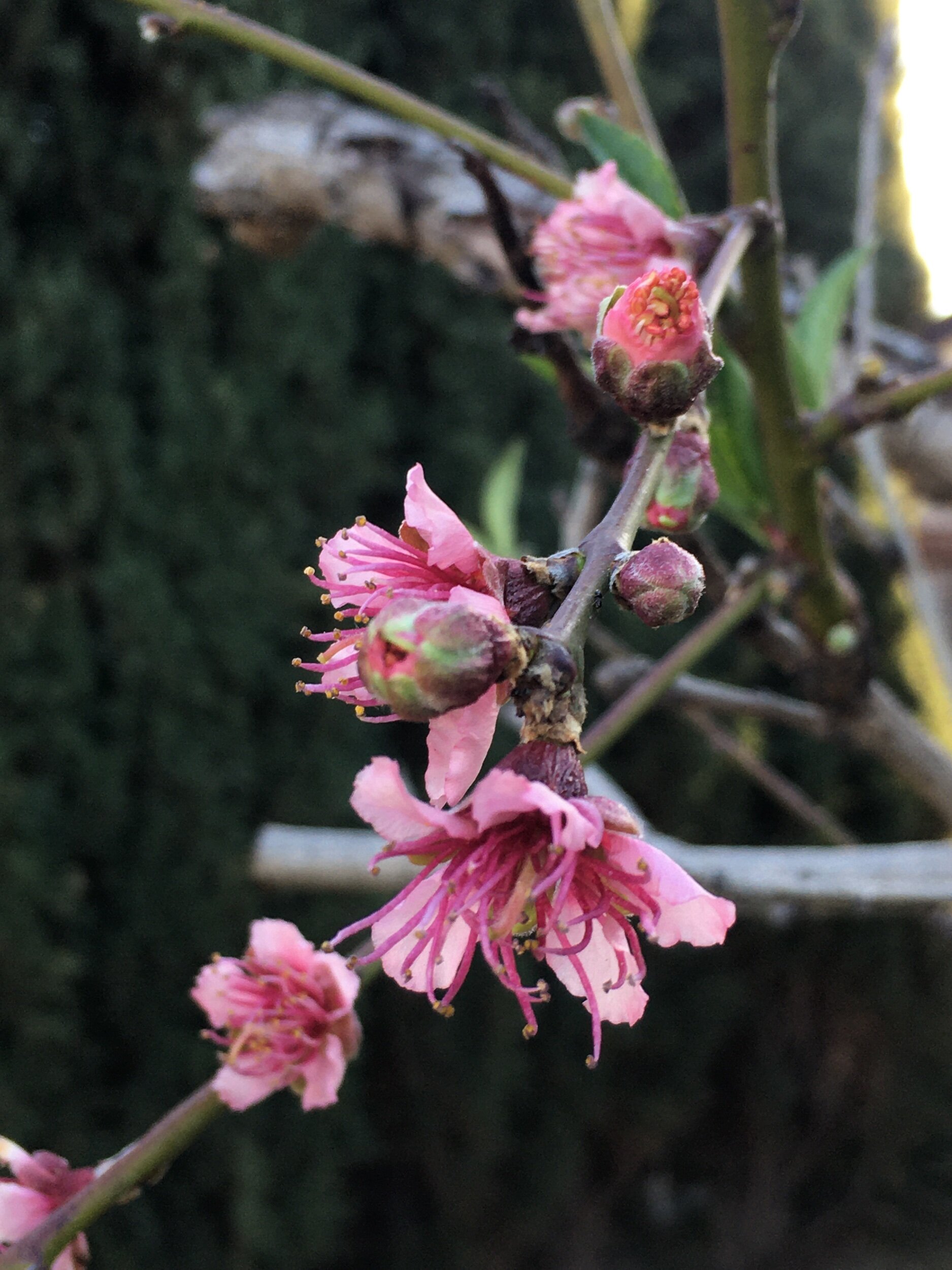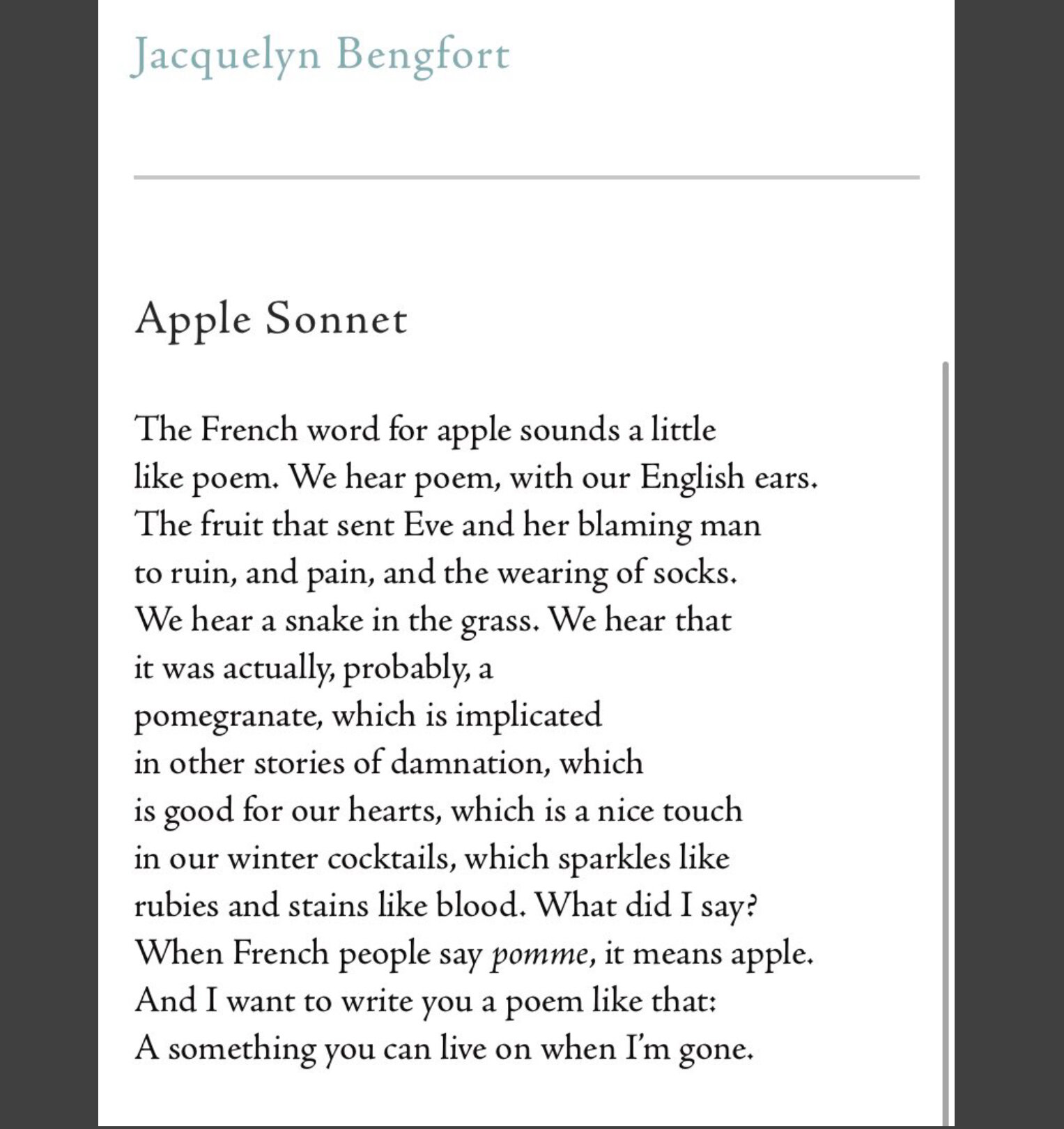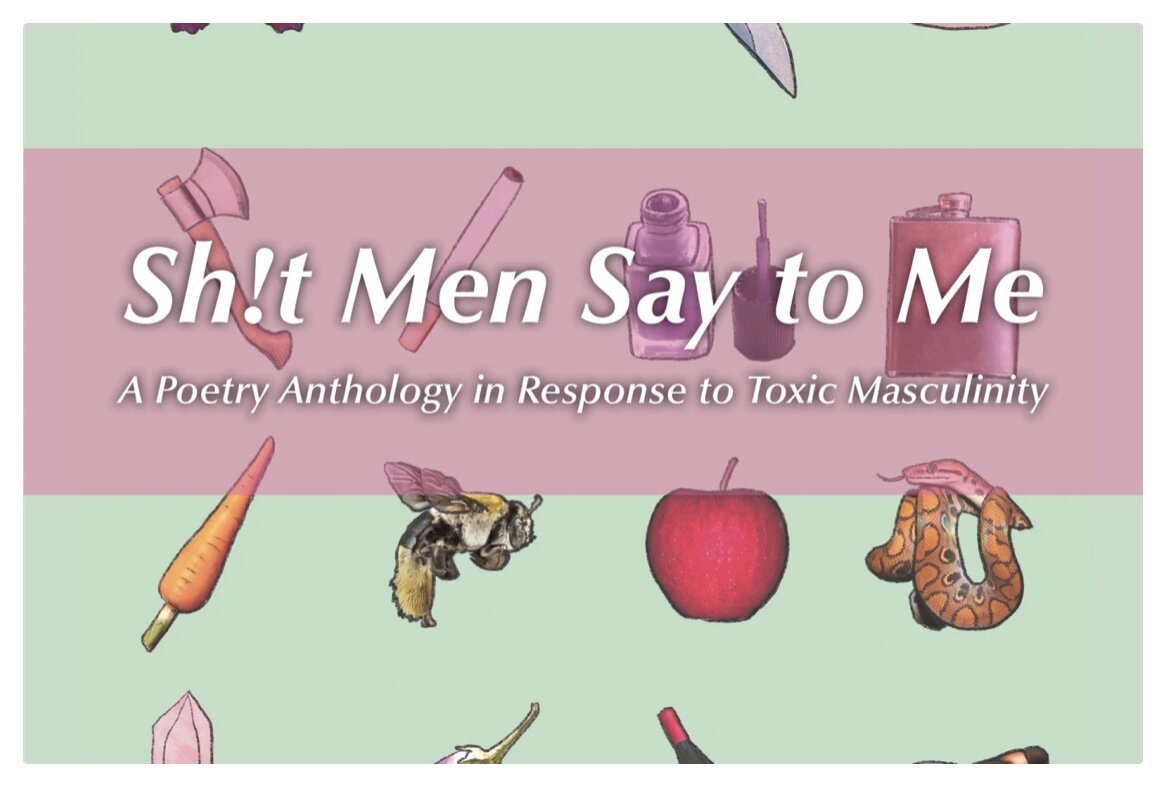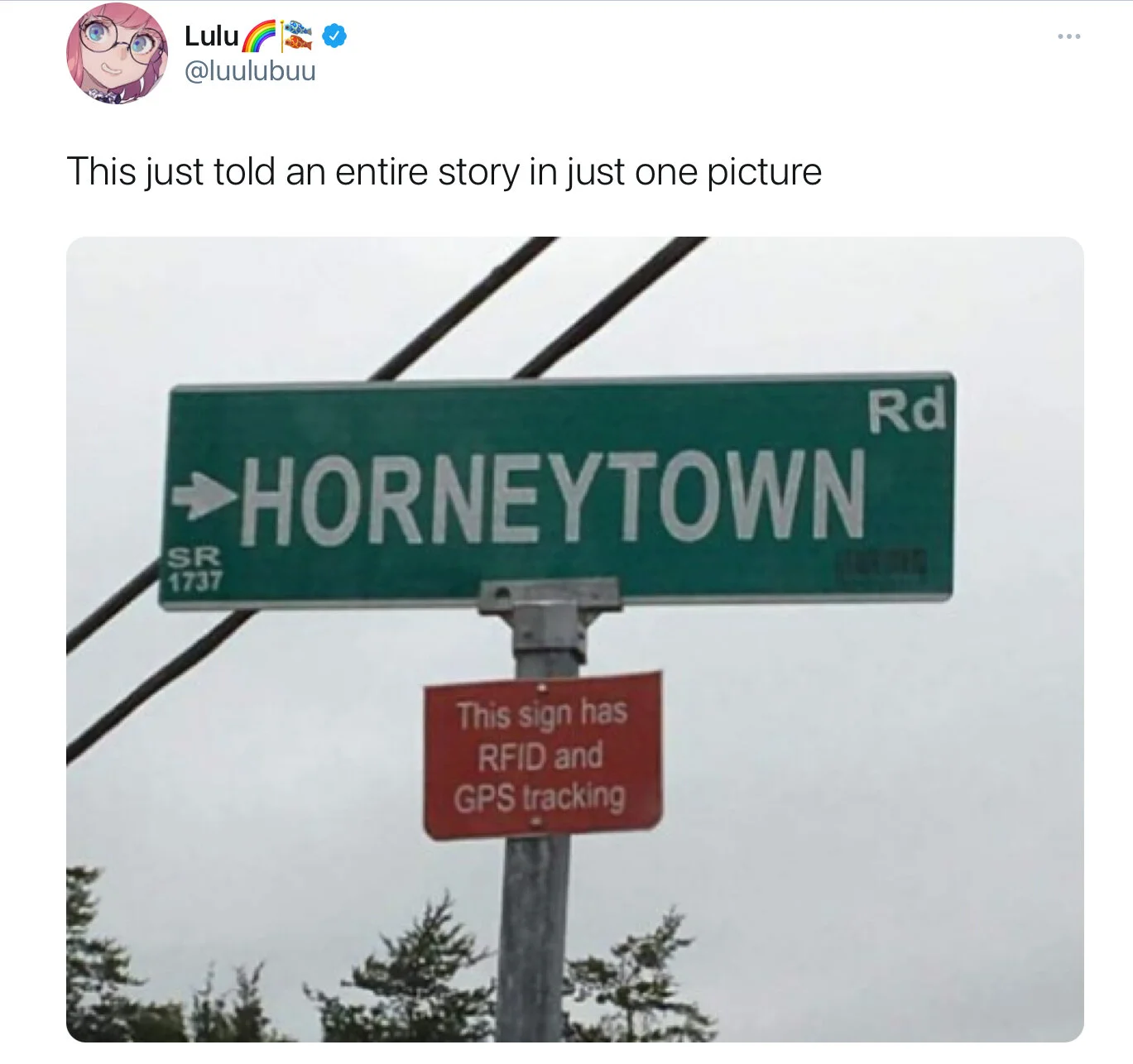Since I missed posting last week and my most recent post centered on Mother’s Day and mothers, I seem to be repeating myself since this week’s prompts are also about family. I just saw my parents, brother and other family members at my nephew’s wedding. It was so good to be with them especially after the long absence.
People who’d never met me immediately knew I was Richard and Judy’s daughter and Tony’s sister. So much of myself has grown up as the shadow trailing my big brother, as audience to my father’s stories and as confidante to my mother’s worries and hopes. I echo their mannerisms and expressions and slip back into the Southern Illinois twang as soon as the plane lands. I have clay, honeysuckle and hickory bark embedded in my skin. In Mississippi where they live now, the pine trees that replaced the cornfields whisper a greeting.
The first prompt comes from Camille Rankine’s “Genealogy”: make a list of places where you were born again and again. What changes with each rebirth; what remains the same? Where do you go from there? Or as a variation, list the names you have been given. What ones do you answer to? Which ones do you refuse? Which names have you discarded? I am Sis to family, was Sissy only to my Grandpa Raymond, and, awkwardly, Mrs. Hunt to some students. Hunt is the name of my ex-husband, but also of my daughter. It is a name that bumps into doorways. I lost my maiden name long ago but plan to incorporate it as a middle name, as part of my center.
For the second prompt, use the line “How it burned me” as a ghostline. Erase the line after you’ve completed the poem but give credit to the poet.
The next prompt is inspired by Sarah Ghazal Ali’s amazing “Matrilineage [Recovered].” Take your father’s side and your mother’s family trees and create a contrapuntal that interweaves the conversation that created you.
For the next prompt, create a poem using the following word list from “Matrilineage [Recovered]”: “culled,” “resonant,” “kindred,” “field,” “abscission,” “elisions,” “wound,” “plucked,” “recalled,” and “called.”
For the last prompt, use the line “I was culled” as a ghostline, and again erase the line but give credit for the inspiration.
Good luck!













